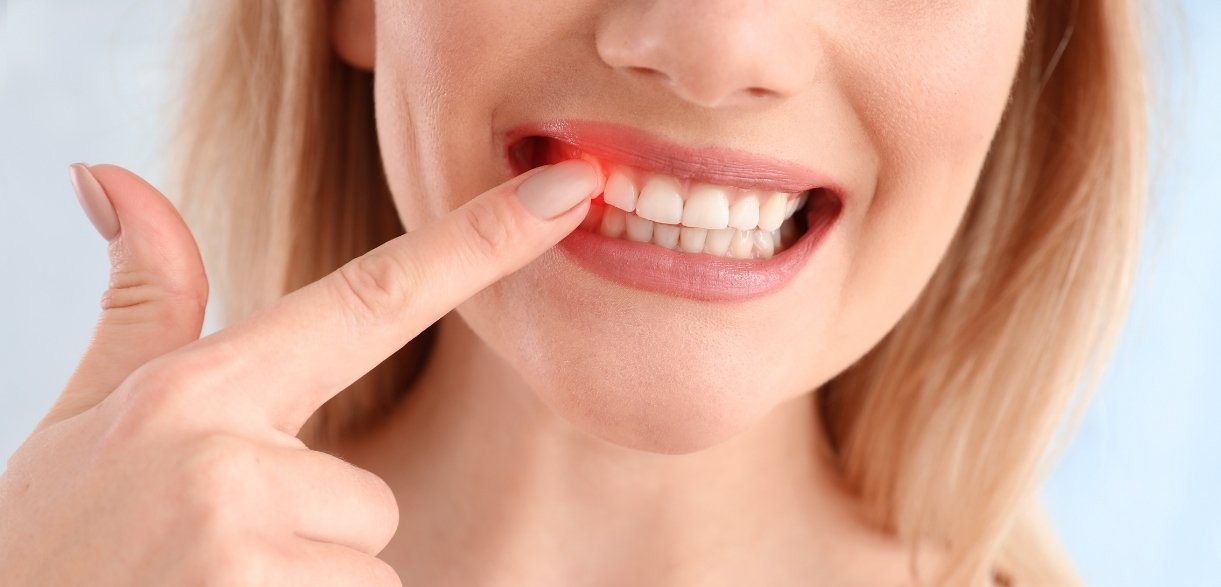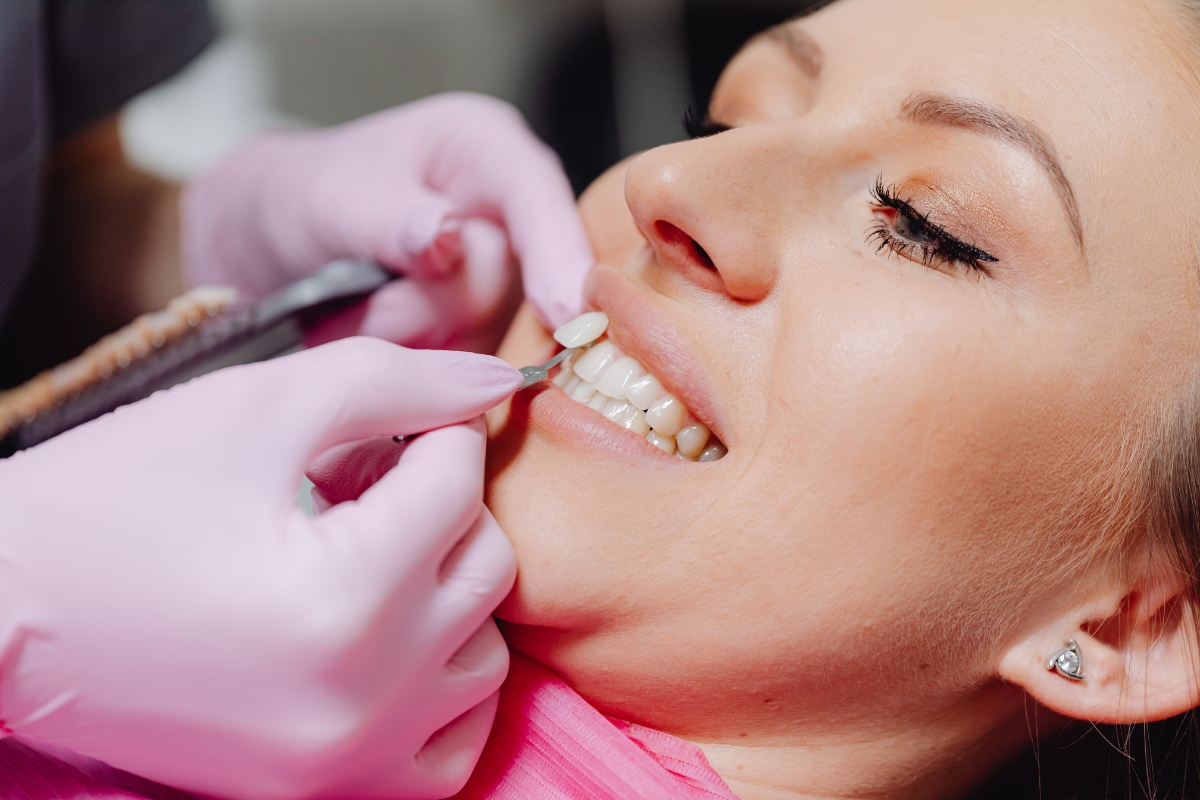
If you have recently had an extraction, gum work, or, for that matter, any other dental surgery, you might see slight bleeding from your gums. It is expected to bleed after any oral surgery. But this bleeding should be temporary and not too painful. However, if you see the bleeding is heavy and prolonged, you should do something to stop it.
You can control post-surgical bleeding at home with some simple remedies. Take the proper care of your mouth after surgery and successfully avoid any complications. Let’s understand why gums bleed and how you can stop it.
Why Does Gum Bleeding Occur After Surgery?
Following a dental procedure, your body responds by healing, creating a blood clot to cover the surgical area. Bleeding normally stops within a few hours, but some things can extend it:
- Dislodging the clot too early – Rinsing, spitting, or sucking through a straw can dislodge the clot, resulting in ongoing bleeding.
- Certain medications – Blood thinners such as aspirin or ibuprofen can interfere with clotting.
- Smoking or alcohol consumption – These can delay healing and increase bleeding.
- Physical activity – Strenuous exercise soon after surgery can raise your blood pressure and cause bleeding to restart.
While mild bleeding is expected, it should gradually reduce. If it persists beyond 24 hours or worsens, it can be a trouble. You can visit a Frisco dentist or try these home remedies for the time being.
Effective Ways to Stop Gum Bleeding
If you’re experiencing prolonged bleeding, try these practical methods to control it:
Apply Gentle Pressure
- Use a clean piece of gauze, fold it, and apply it directly to the surgical site.
- Bite down firmly but gently for 30-45 minutes without checking it too often.
- If gauze is not available, you can use a wet tea bag (black tea). Tea contains tannins, which cause blood vessels to constrict, facilitating clotting.
Use a Cold Compress
- Use an ice pack or a cold compress on your cheek opposite the affected area.
- Use it for 10-15 minutes and then rest for a few minutes.
- Cold packs assist in tightening blood vessels, thus minimizing bleeding and swelling.
Avoid Rinsing Too Soon
- Don’t rinse your mouth for at least 24 hours following surgery.
- Even soft rinsing may loosen the clot and lead to bleeding resumption.
- Rinse with warm saltwater solution (½ teaspoon of salt in a glass of warm water) after 24 hours to facilitate healing.
Stay Away from Hot Foods & Drinks
- Heat raises blood circulation, which might worsen bleeding.
- Adhere to lukewarm or cold foods on the first day.
- Steer clear of spicy, crunchy, or acidic foods that can irritate the gums.
Keep Your Head Elevated
- Sleeping or lying down might raise blood circulation to the head, aggravating bleeding.
- Make use of an extra pillow to elevate your head when sleeping.
Modify Your Diet
- Consume soft foods such as yogurt, mashed potatoes, scrambled eggs, and smoothies.
- Avoid chewing on the surgical side to avoid irritating the area.
- Drink plenty of water, but do not drink with a straw since the suction will loosen the clot.
Other Helpful Tips
- Steer clear of smoking and alcohol for a minimum of 48 hours, as they impede healing.
- Avoid strenuous physical activities for a few days.
With these steps, you can control bleeding gums after dental surgery. However, if your bleeding does not stop or if you feel excruciating pain in your gums, you need to visit a nearby dentist as early as possible. Do not delay, or you can risk your oral health.




